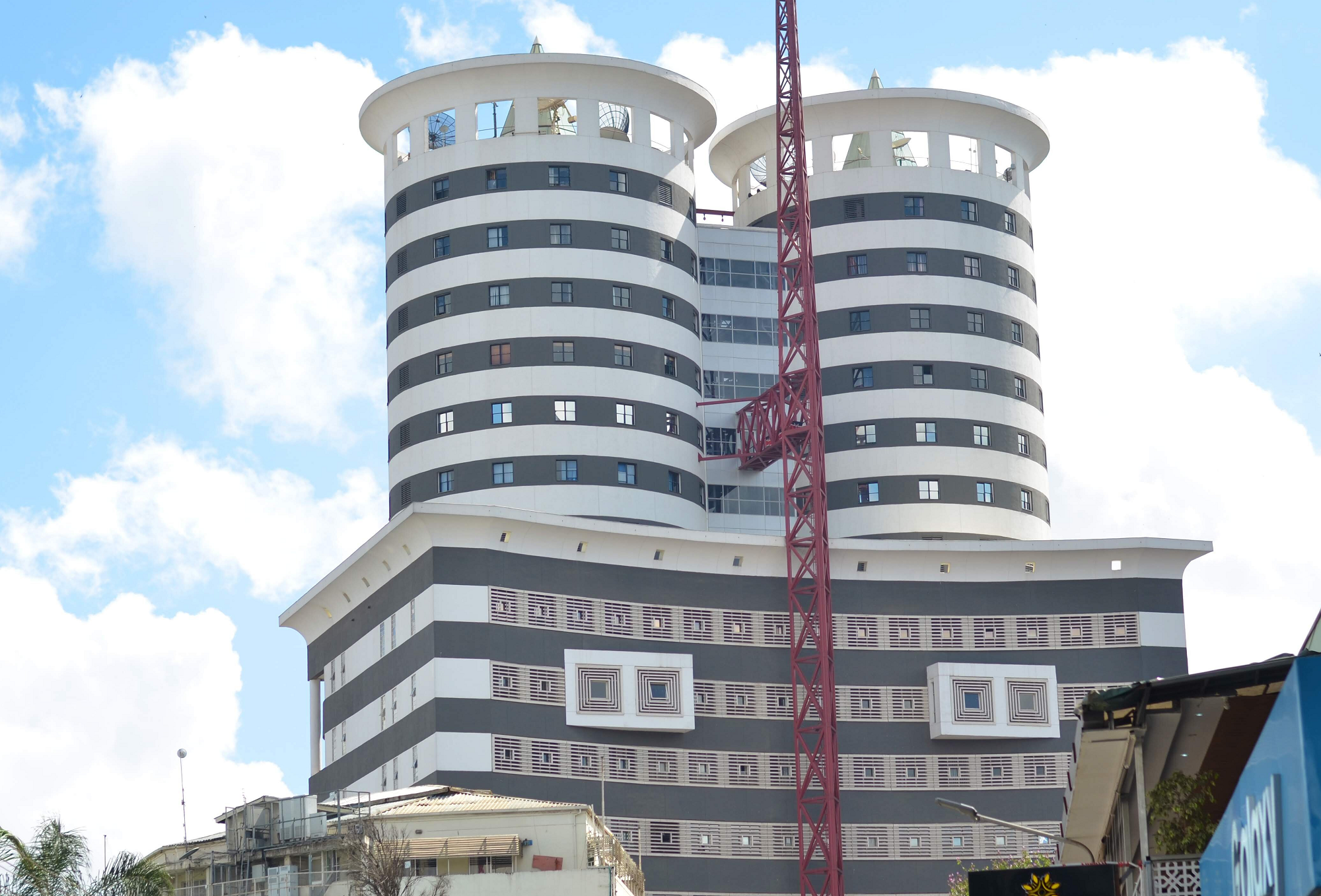It’s not easy being a newspaper journalist at Nation Media Group these days. If a sudden restructuring doesn’t sweep you off, you are likely to meet face to face with another monster: cost-cutting.
After firing more than 100 journalists in the July 2020 restructuring, and launching a new business model to drive growth, Kenya’s leading media house has turned its guns on correspondents, the lowest cadre of journalists in the editorial hierarchy.
In a change of policy soon after the restructuring, the Editorial Director Mutuma Mathiu issued a directive that hit the earnings of correspondents attached to NMG’s newspapers. In a memo, the company tied retainer payments to the value of each correspondent’s monthly contributions, where they would have to match or exceed their retainer value every month to qualify for the retainer.
Well, let’s get it verbatim to make it clearer. “From August, if the total pay for contributions amounts to LESS than a HALF of the retainer, no retainer will be paid,” then Editorial Manager Catherine Wanyama said in a memo to editors for on-forwarding to correspondents under their charge. “From September, if the total pay for contributions amounts to LESS than the RETAINER, then the retainer will not be paid.”
According to NMG, the directive is to encourage correspondents to increase their productivity, yet it looks less of that than cutting costs. This is quite understandable as the media house strives to grow revenues amid falling advertising incomes. The company recorded a net loss of Ksh375 million for the half-year to June 2020, setting it up for an even bigger loss for the full financial year.
Optimizing productivity from correspondents earning retainers remains a challenge for most newspapers. Most correspondents with retainers often slowdown in production knowing too well that they have something to fall back to at the end of the month. Setting targets has not achieved much though this directive exposes part weakness on the newsrooms in managing these correspondents.
A retainer is offered to cushion the writers in bad times when they are not able to contribute copy due to unavoidable circumstances. But the Nation move – which treats its foot soldiers like salespeople – is being seen as unnecessarily punitive especially given that most correspondents are paid by the centimeter (or length) of articles written.
Matching, say, Ksh15000 is a tall order when the highest paid news article (Nation cover page) is worth only Ksh1,200.
Read Also >> At Standard, HR Plays Cat and Mouse With Sacked Employees
Sources in August only handful correspondents met the condition, leaving the majority to walk away with payment from only contributions. Inhouse correspondents based at the head office may not suffer much (some earn up to Ksh80,000 per month) as they have the advantage of having more articles published since they got resources and enjoy one-on-one relations with editors.
Unsung newsroom heroe? Correspondents are the backbone of any newspaper. They write most of the stories that fill the newspaper pages. Correspondents outnumber staff writers (called in the newsrooms as reporters). A reporter is paid a monthly salary regardless of how much work he or she does, while a correspondent is paid per story or photograph. There are correspondents with a retainer, which they top up with contributions. Then there are correspondents without retainer who toil daily to get a story published.Yet this category of journalists is one of the poorest paid in Kenya. The mainstream newspapers pay a retainer of Ksh10,000 to Ksh20,000, for correspondents based in Nairobi.The amount can be lower for outside Nairobi. What is puzzling is how the newspapers pay per story. News articles are paid per centimeter – measured literally using a ruler – where one centimeter fetches Ksh30-50. Take the Nation or Standard and do the maths. read more
To complicate matters for correspondents, Mutuma updated the advisory recently with more stringent measures, among them, the introduction of the single payment system for newspaper articles. That is, an article can only be paid once even if is published in all its different newspapers and websites, a radical break from the previous system where each newspaper paid independently. This way, a writer would earn twice or thrice from one story, thus increasing their earnings.

In a 16th September memo to editors, Mutuma says, “take note that articles, photos and online content appearing in the three titles of the Nations (DN, Saturday and Sunday), Business Daily and Taifa and websites will be paid for only once.”
See Also >> Nation Goes For Veteran TV Presenter to Drive Digital Broadcast
Under the single pay method, which took effect on 17th September, articles and photos appearing in Nations and Taifa will be paid by Nations only, while content published in Taifa and also appears in Business Daily will be paid by BD only. Articles and photos appearing both in BD and Nation will be paid by BD. “Taifa will only pay for translation of articles appearing in other titles,” the Memo says.
Articles and photos appearing in BD and Nations will be paid by BD. “In case and article or photo frst appears in one title and is picked by another title to be published on a different date, only the initial payment paid by the title that it appeared first will count.
Mutuma said online payment would be reserved only for exclusive articles, photos and videos. “Online subs doing the markups are obligated to confirm that the articles marked for payment do not appear in any other paper,” Mutuma says. Lastly, videos from one event will be paid as one regardless of the number of stories derived from it.” [ See full Memo on the link below ]
This further tightens the noose around correspondents’ necks since it eats deeper into their earnings. It has already caused an outcry among correspondents, who say it goes against copyright laws and an abuse of intellectual property. The industry is watching how the Kenya Correspondents Association and Kenya Union of Journalists will react to the issue.
Move cuts down costs, but turns newsrooms into sweatshops.
There is an outcry among correspondents who feel they earn peanuts while employed reporters (earning from Ksh80,000 to over Ksh200,00), contributors and columnists are paid handsomely. It is not clear what rules the company has come up with to rein in permanent staff journalists who earn huge salaries but deliver fewer stories.
Big earners untouched
Of concern internally at Nation Centre, especially, is the group of former Nation editors retained as contributors/columnists – including former editor-in-chief Tom Mshindi, Macharia Gaitho and Jaindi Kisero – who are understood to earn between Ksh35,000 and Ksh60,000 weekly for a single piece. Their monthly take-home dwarfs even the inhouse reporters and makes correspondents look like paupers.
According to inhouse sources, Nation says it has 770 correspondents who are paid approximately Ksh15 million every month. These new directives are expected to cut down this monthly expenditure but will turn its newsrooms into sweatshops where the focus will be mainly on matching the retainer.
Besides, savings from a group that earns so little is not likely to make a big impact to NMG’s overall cost-cutting efforts.













Leave a comment